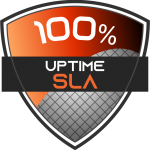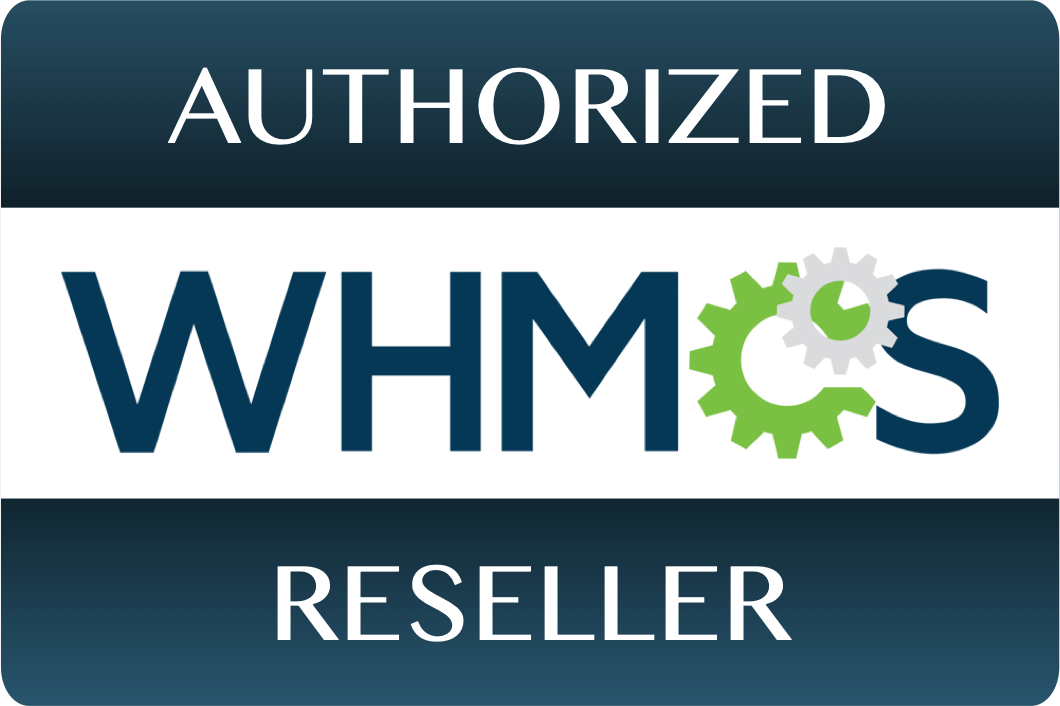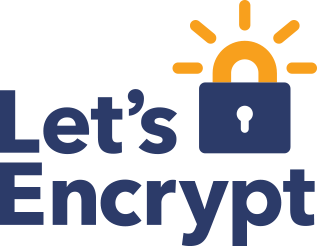When it comes to CMS platforms, there are three that stand out as the most popular of the field: WordPress, Joomla, and Drupal. All of the systems boast fast and intuitive services as well as being open sourced. As much of a benefit as this is, it does make the decision making process more difficult. The initial choice is very important, as most people do not switch between platforms and tend to stay with their first choice. To make your decision easier, we have compiled an overview of each platform.
WordPress is one of the best options for newcomers to the field, made obvious in the fact that it is far and away the most popular, with over 140 million downloads. It excels in sites and blogs that range from small to medium sized. Manual installation time runs about 5 minutes and the entire time it takes to set up a blog or website can be under an hour. WordPress offers over 2,000 free themes and 27,000 free plugins, allowing a large array of professional-looking options. Another advantage is the extensive community support that springs from the millions of users.
Cons: WordPress is designed more to support small and medium sized sites, so the larger your site gets, the more server resources are required. Also the framework can difficult to manipulate.
Overall: If you are a newcomer with limited technical knowledge, this platform will be ideal for your needs.
Joomla requires slightly more technical knowledge particularly in coding, but is excellent for e-commerce or social networking websites. It offers excellent native support for online stores and is relatively simple to set up. It is a nice middle ground between the more basic WordPress and more technically complex Drupal. Manual installation takes around 10 minutes to complete. With about 30 million downloads, it also offers 900 free themes and 7,000 free plugins.
Cons: Joomla is free, but does not offer a free hosting server such as with WordPress.
Overall: If WordPress is too basic for you, but you are not ready to tackle Drupal yet, Joomla will be your top option.
Drupal may be the most complicated to work with, but also the most flexible, with even the root files editable. It boasts the most powerful CMS. It does stand at the lowest downloads with just over 15 million, which may simply be a reflection of the technical knowledge of the typical users, as the platform is the most technically advanced. Performance is topnotch with swift response and page loading time. Naturally this may vary as plugins are added. Manual installation takes around 10 minutes to complete. It offers over 1,800 free themes and 24,000 free plugins.
Cons: While the software is free, Drupal does not offer hosting on their servers, requiring you to purchase your own web hosting and domain name. Finding support also can be difficult, as the system requires some in-depth knowledge.
Overall: If you have a basic knowledge of coding/programing languages and are looking for ultimate flexibility, this platform will be a perfect fit.








